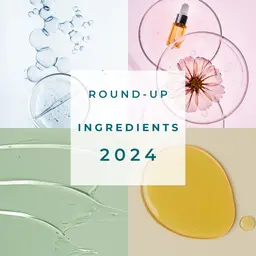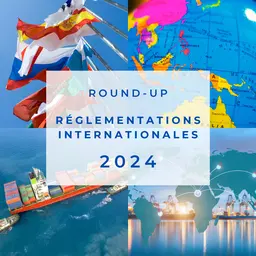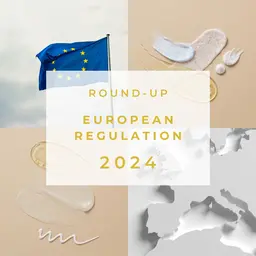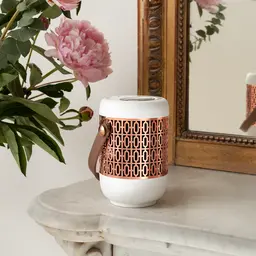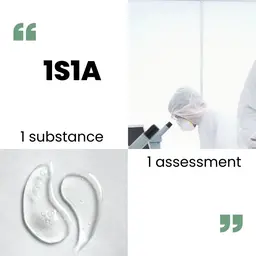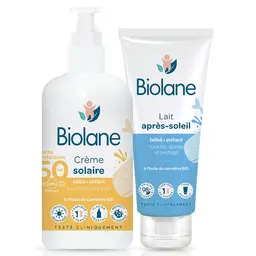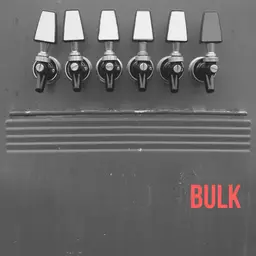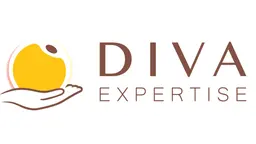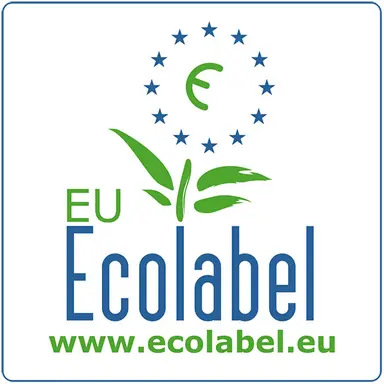
Created in 1992, the European Ecolabel is the only official European ecological label that can be used in all Member States of the European Union. In France, it is issued by AFNOR Certification, an independent certification body. It is a voluntary certification mark for products and services.
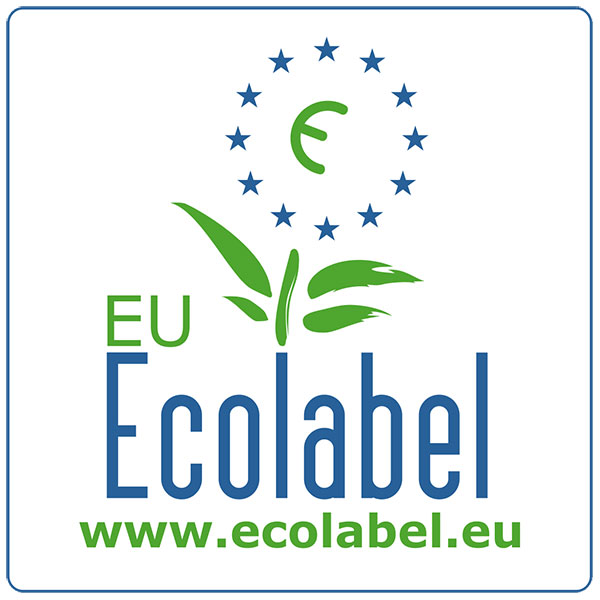 It is based on the principle of a global approach that takes into account consideration of the product life cycle from the extraction of raw materials, manufacturing, distribution, and use until it is recycled or disposed of after use. Quality and the use, as well as the packaging in the case of a certification of products, are also taken into account.
It is based on the principle of a global approach that takes into account consideration of the product life cycle from the extraction of raw materials, manufacturing, distribution, and use until it is recycled or disposed of after use. Quality and the use, as well as the packaging in the case of a certification of products, are also taken into account.
It can cover a wide range of products and services, from electrical appliances to office automation, including clothing, lubricants, DIY raw materials or equipment camping, cleaning and hygiene products.
Some of the criteria taken into account for certification include: avoiding the water pollution by limiting the amount of potentially harmful ingredients and the total toxic load of the product; limit production of waste by reducing the amount of packaging; limit or prevent environmental risks related to the use of substances dangerous.
For cosmetics, if it does not define requirements in terms of of natural or vegetable origin of the ingredients, it extends its criteria (unlike the main organic labels) to sensitizing substances the ecology of packaging, the eco-toxicity of the product and even ensures that it “responds correctly to the use for which it is intended destined”.
To go further
• See the European Regulation No.66/2010 establishing the EU Ecolabel



